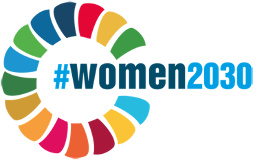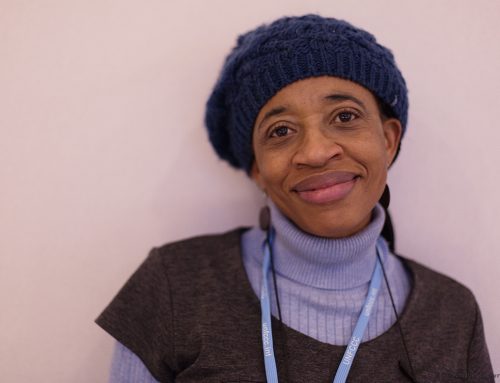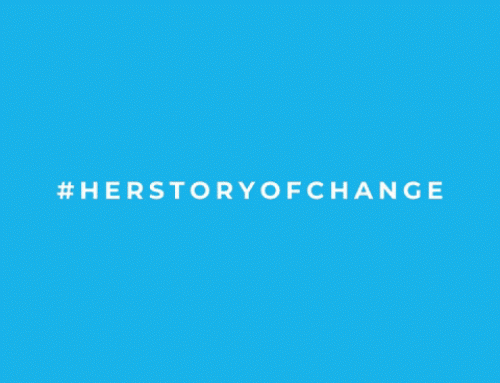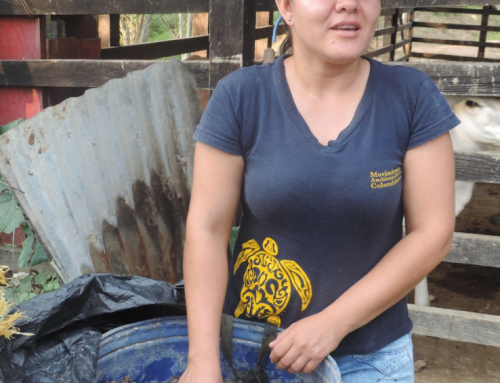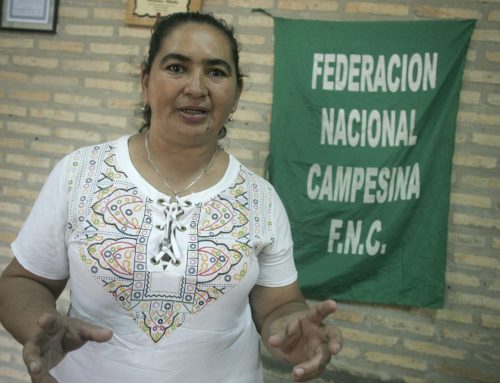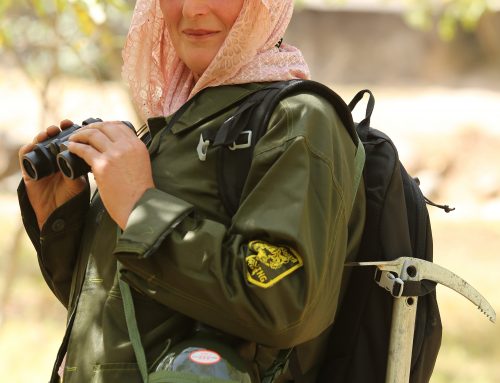- Country: Katojo Village, Nyakayojo Subcountry, Mbarara District in South-Western Uganda
- Works for: Support for Women in Agriculture and Environment (SWAGEN)
- Role in #women2030: programmes & advocacy partner
- Related SDGs: SDG 5, SDG 1, SDG 2, SDG 3, SDG 6, SDG 7, SDG 10, SDG 13, SDG 15, SDG 16, SDG 17
I am the Executive Director at SWAGEN, a non-governmental organisation working for gender equality and women’s empowerment. We mainly focus on the environmental and natural resource sector, poverty alleviation and sustainable development. We advocate for the translation of good gender polices into practice in Uganda so that women have; equal access, control to and decision-making powers regarding household productive resources such as land; recognition, reduction and redistribution of unpaid care work, equal opportunities in education and the market place, equal share of economic, social and environmental benefits accrued from investments made by the national economy, reduction of domestic violence.
To achieve this we have undertaken to create awareness about a global multi-dimensional sustainable development agenda as condensed in the Agenda 2030. We have conducted and participated in several workshops to implement the SDGs and Agenda 2030 into our national context. Our strategy involves identifying the priorities for Uganda, translating the SDGs into local languages for ease of understanding given the low rate of formal education and thus inability to understand English.
In addition we implement integrated projects at the grassroots to create synergies for a better implementation that reflects local needs. These projects work towards enabling access to sanitation facilities sustainably, enhancing availability of good, nutritious food, nutrition security, conservation of the forest ecosystem, shifting from biomass and fossil fuel use to alternative renewable energy, and many more issues.
Financial barriers and lack of meaningful participation
Our main challenge for implementing the SDGs from a gender equality perspective is that we are resource constrained. This limits our ability to upscale our activities. Secondly, the entity of our government responsible for the SDGs, the Planning Authority, do not meaningfully involve Civil Society Organizations (CSOs) nor incorporate our contribution towards SDGs in their status report on SDG implementation; their voluntary National Review (VNR).
Stopping at nothing!
We are fundraising and also sourcing technical resources locally, regionally and internationally. We have also reached out to our government and are holding discussions on meaningful participation of CSOs in the implementation process. I have had the privilege to participate in the climate negotiations, held in Marrakech 2016 (COP22). There I actively added to the policy work of the Women and Gender Constituency (WGC), a network of women’s and gender equality organisations with official observer status to the UNFCCC that can participate in the negotiations, on behalf of women2030. I also participated in a capacity building workshop on SDGs and gender equality for local authorities in Munich, Germany, where I shared my SDGs experiences from the South. In the future, I will collaborate with women2030 and produce a shadow report for Uganda.

Photo credits: Annabelle Avril / WECF (first photo) & Gertrude Kenyangi (2nd photo)
Want to learn more about our women2030 policy work?
As well as how we bring voices from around the world to so that they can add their needs and demands directly to political dialogues at international and regional negotiations conferences?

